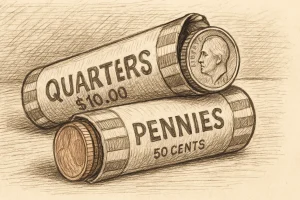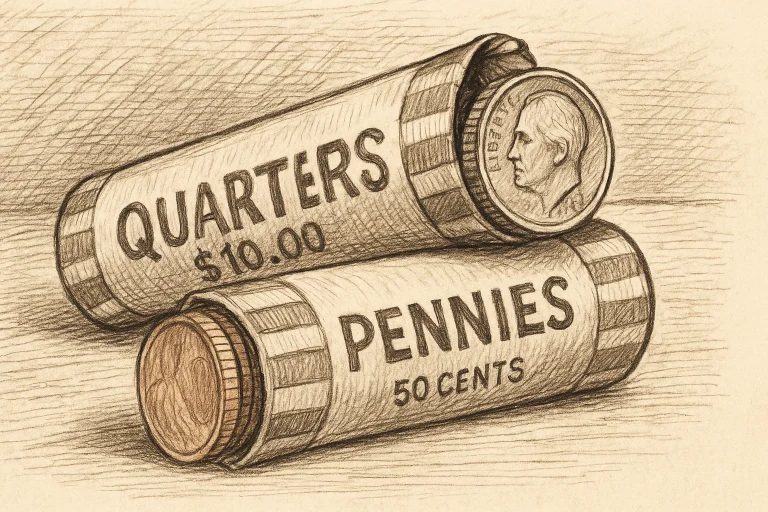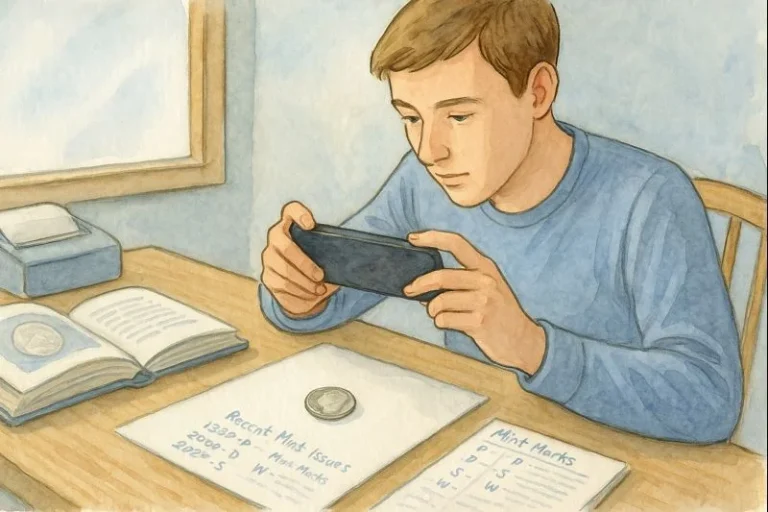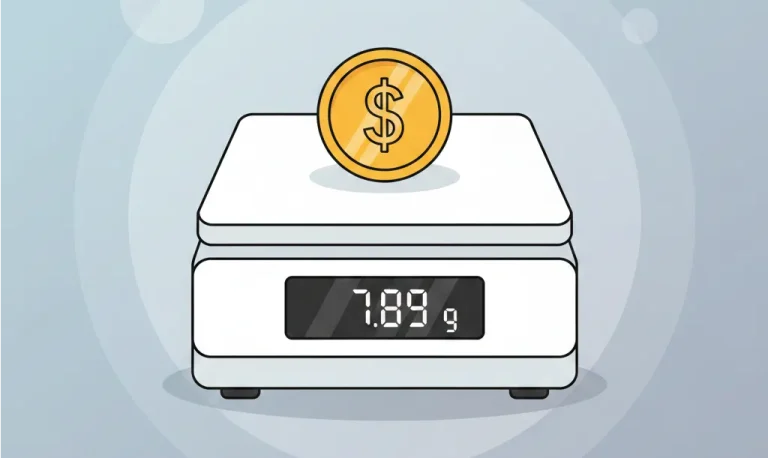ADHD in men often goes unrecognized because symptoms shift over time. What starts as hyperactive behavior in childhood may evolve into attention difficulties, emotional struggles, and organizational challenges in adulthood. Many men mistake these issues for personality traits or stress, delaying diagnosis and treatment.
This guide helps identify early warning signs, explores emotional impacts, and highlights practical steps to seek support. Understanding ADHD symptoms in men opens doors to better coping strategies, stronger relationships, and improved quality of life.

What Is ADHD and How Does It Affect Men?
ADHD, or Attention Deficit Hyperactivity Disorder, is a neurodevelopmental condition defined by persistent patterns of inattention, hyperactivity, and impulsivity. For men, symptoms often change with age:
- Hyperactivity in childhood may become inner restlessness in adulthood.
- Inattention and organizational struggles often persist, affecting work and personal life.
- Emotional regulation issues may appear or intensify, especially under stress.
Research from sources like Choosing Therapy and ADDA shows that men with ADHD frequently experience stigma, low self-esteem, and challenges managing daily responsibilities. These effects grow when symptoms remain undiagnosed or misunderstood.
Common Symptoms of ADHD in Men
Men with ADHD typically show symptoms across two main categories: inattention and hyperactivity/impulsivity. Emotional challenges often overlap, creating a broader picture of the condition.
Inattention Symptoms:
- Trouble staying focused during work or conversations
- Poor time management and missed deadlines
- Chronic procrastination on important projects
- Forgetting daily tasks like paying bills or attending meetings
- Difficulty organizing complex responsibilities
Hyperactivity/Impulsivity Symptoms:
- Feeling restless or easily bored during quiet activities
- Interrupting conversations or finishing others’ sentences
- Struggling to wait in lines or group settings
- Fidgeting with objects, tapping feet or hands frequently
- Acting impulsively, leading to avoidable mistakes
Emotional Symptoms:
- Rejection-sensitive dysphoria: strong emotional reaction to criticism or perceived rejection
- Mood swings or irritability during stressful situations
- Low frustration tolerance, impacting work and relationships
ADHD Symptoms in Men at a Glance
| Category | Common Behaviors | Impact on Daily Life |
| Inattention | Missed deadlines, losing items, poor organization | Work stress, academic struggles |
| Hyperactivity/Impulsivity | Restlessness, interrupting, impulsive decisions | Social conflicts, mistakes in planning |
| Emotional Symptoms | Mood swings, rejection sensitivity, low frustration tolerance | Relationship challenges, low self-esteem |
Emotional and Social Impacts
ADHD affects more than attention. For men, emotional reactivity and self-esteem issues often play a central role:
- Frequent criticism in school or at work can create feelings of failure.
- Misunderstandings with friends or partners arise from impulsive comments or forgotten commitments.
- Persistent organizational struggles lead to stress, anxiety, or frustration.
According to Choosing Therapy, these challenges highlight why emotional health must be part of ADHD evaluation and treatment. Addressing both cognitive and emotional aspects ensures a more complete approach to support.
When to Seek Professional Help
Many men dismiss ADHD symptoms as simple disorganization or stress, but consistent struggles across work, relationships, and daily responsibilities signal it’s time for evaluation. According to experts at Mayo Clinic and ADDA, professional diagnosis helps men understand long-standing challenges and find effective treatment options.
Signs that point to the need for professional help include:
- Frequent missed deadlines or difficulty staying employed
- Relationship conflicts linked to impulsivity or forgetfulness
- Ongoing anxiety or low self-esteem tied to poor performance
- Feeling overwhelmed by everyday organization tasks
Diagnosis often involves clinical interviews, symptom checklists, and input from family or colleagues. Doctors may also rule out conditions with similar symptoms, like depression or sleep disorders. Early diagnosis allows men to access therapies, coaching, or medication that make life more manageable.
Benefits of Early Diagnosis
Getting diagnosed as an adult may feel daunting, but research shows it leads to significant improvements in quality of life. Early recognition provides:
- Practical coping strategies: Time-management tools, organizational aids, and therapy for emotional regulation
- Workplace adjustments: Clearer communication with employers and structured planning support
- Relationship benefits: Better understanding from partners and family members
- Mental health improvements: Reduced anxiety, improved self-esteem, and fewer emotional outbursts
Many men report feeling relieved after diagnosis because it explains years of frustration and opens doors to real solutions.
Supporting Cognitive Skills with Mind Elevate
For men wanting to strengthen focus, memory, and problem-solving abilities, Mind Elevate offers a science-based approach to mental training. Available on Android and iOS, the app blends cognitive psychology with engaging games designed to improve specific brain functions.

Core features include:
- Personalized assessment: Identifies strengths and weaknesses on first use
- 35+ brain training games: Covering Memory, Attention, Logic, Math, and Music categories
- Daily challenges: Premium users can access structured workouts for consistent practice
- Progress tracking: Charts and statistics to measure improvement over time
Example: A man struggling with focus might use Escape the Maze to train attention or Portal Match to enhance working memory. Over time, these exercises can complement professional treatment and help users stay organized, productive, and mentally sharp.
Practical Steps for Men with ADHD
| Step | Action | Result |
| Symptom Tracking | Record challenges across work and home | Clearer patterns for professional review |
| Professional Evaluation | Schedule assessment with a specialist | Accurate diagnosis and treatment plan |
| Emotional Support | Consider therapy or support groups | Improved relationships, reduced anxiety |
| Cognitive Skill Training | Use tools like Mind Elevate | Better focus, memory, and organization |
| Lifestyle Adjustments | Exercise, sleep, structured routines | Higher energy, reduced impulsivity |
Practical Daily Strategies for Managing ADHD
Once diagnosed, men can take simple, structured steps to manage ADHD symptoms more effectively. These strategies fit into everyday life and complement professional care:
- Use visual reminders: Digital calendars, sticky notes, or smartphone alerts prevent missed deadlines.
- Break tasks into steps: Large projects become less intimidating when divided into smaller, actionable pieces.
- Create consistent routines: Regular wake-up times, meal schedules, and work blocks reduce mental overload.
- Limit distractions: A quiet workspace without unnecessary notifications helps maintain focus.
- Exercise regularly: Physical activity improves mood regulation and attention span.
These habits, combined with coaching or therapy, often lead to noticeable improvements in productivity and emotional well-being.
ADHD Support Roadmap for Men
| Step | Action Plan | Benefits |
| Symptom Awareness | Track behavior patterns across settings | Clearer understanding of challenges |
| Professional Diagnosis | Visit a psychologist or psychiatrist | Accurate identification, tailored solutions |
| Lifestyle Adjustments | Improve sleep, diet, exercise habits | Higher energy, improved focus |
| Cognitive Skill Training | Daily use of Mind Elevate brain games | Stronger memory, attention, organization |
| Emotional Health Support | Therapy, coaching, or support groups | Reduced anxiety, better relationships |
This roadmap ensures men move from confusion to clarity, building long-term strategies for success at work and home.
Why Acting Early Matters
The longer ADHD symptoms remain untreated, the greater the impact on relationships, careers, and self-esteem. Men often describe years of missed opportunities before finally seeking help. Early diagnosis and practical tools, like Mind Elevate, provide both cognitive training and confidence-building support, helping men feel more in control of their lives.
Every small improvement — from completing tasks on time to managing emotional reactions — contributes to a better quality of life and stronger personal and professional relationships.
Taking the First Step Toward Clarity
Recognizing ADHD symptoms is not about labeling; it’s about understanding yourself better. With professional evaluation, structured daily habits, and mental training tools like Mind Elevate, men can address attention and emotional challenges head-on.
Diagnosis is the beginning of a journey toward greater focus, confidence, and emotional balance. Acting early ensures that men with ADHD can thrive rather than struggle silently.








